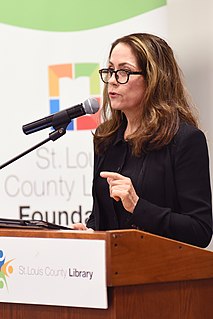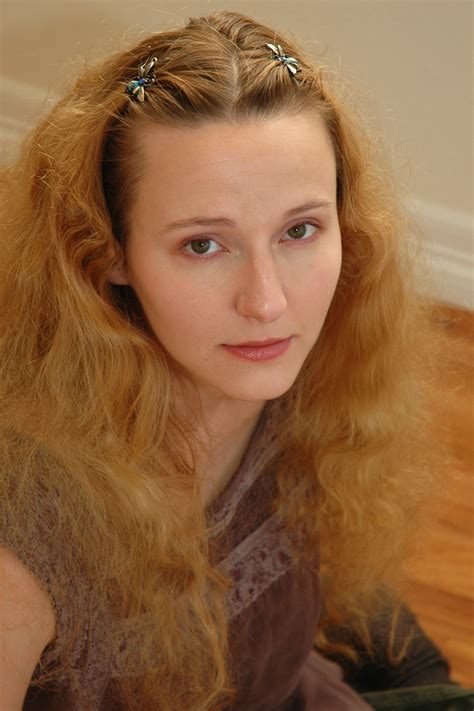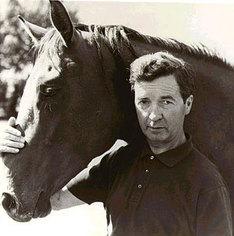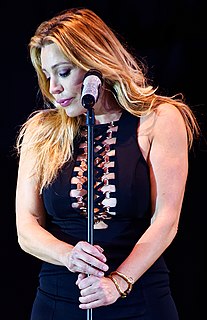A Quote by Mary Karr
Mother’s particular devils had remained mysterious to me for decades. So had her past. Few born liars ever intentionally embark in truth’s direction, even those who believe that such a journey might axiomatically set them free.
Related Quotes
He was so far from the gallant knights in her romantic fantasies ... He was tarnished, scarred, imperfect. Deliberately he had destroyed any illusions she might have had about him, exposing his mysterious past for the ugly horror that it was. His purpose had been to drive her away. But instead she felt closer to him, as if the truth had bonded them in a new intimacy.
Tereza's mother never stopped reminding her that being a mother meant sacrificing everything. Her words had the ring of truth, backed as they were by the experience of a woman who had lost everything because of her child. Tereza would listen and believe that being a mother was the highest value in life and that being a mother was a great sacrifice. If a mother was Sacrifice personified, then a daughter was Guilt, with no possibility of redress.
If I wanted to be free, truly free, I had to choose. There were many points on the compass rose; I had to locate the few that were meant for me. Not any destination picked at random; I had to head for those that summoned me with a passion, for they were the ones that gave meaning to my life. I had to ignore the warnings of those who would tell me why I couldn't do what I wanted to do.
Once you are born with a handicap, even if the handicap is resolved - as it was in my case - you are left with the benefit of having had it. By contrast, my mother - who had nothing bad happen to her - was a very disabled person. She was an appalling human being who squandered every blessing that God had given her.
Since I hold no judgments against my characters, no matter how heinous they might seem, I present them as real people with their own moral centers. We might feel those moral centers are mis-calibrated, but they are there and are the rudders that propel them. This makes reading my work a visceral roller coaster, 'cause the reader must embark on the journey of the protagonist equipped only with his or her own moral center.
I just loved him and he loved me... He was a most humble man, the most decent man I've ever met in my life and he always looked for the best in people to find positives and he said something to me that always remained with me. He said if you believe in the fatherhood of God you must necessarily believe in the brotherhood of man, it follows necessarily and even though I left the church and was not religious, that truth remained with me.
She liked being reminded of butterflies. She remembered being six or seven and crying over the fates of the butterflies in her yard after learning that they lived for only a few days. Her mother had comforted her and told her not to be sad for the butterflies, that just because their lives were short didn't mean they were tragic. Watching them flying in the warm sun among the daisies in their garden, her mother had said to her, see, they have a beautiful life. Alice liked remembering that.
And for all those years, we never talked about the disaster at the recital or my terrible accusations afterward at the piano bench. All that remained unchecked, like a betrayal that was now unbreakable. So I never found a way to ask her why she had hoped something so large that failure was inevitable. And even worse, I never asked her what frightened me the most: Why had she given up hope?
This person had arrived, he had illuminated her, he had ensorcelled her with notions of miracle and beauty, he had both understood and misunderstood her, he had married her, he had broken her heart, he had looked upon her with those sad and hopeless eyes, he had accepted his banishment, and now he was gone. What a stark and stunning thing was life- that such a cataclysm can enter and depart so quickly, and leave such wreckage behind!







































